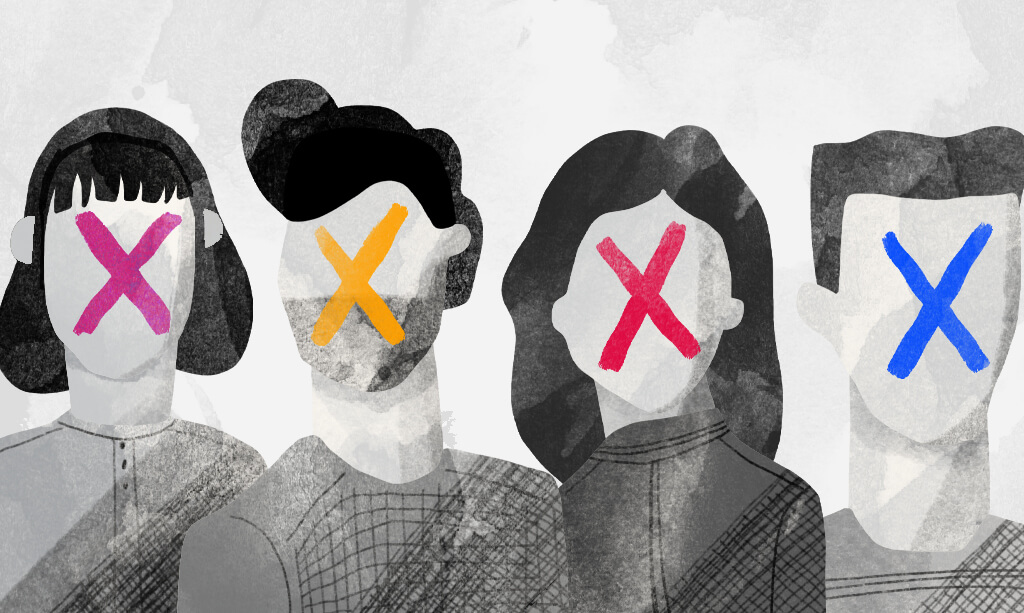
“Alright, Mom, how does this sound?”
Johnny takes his seat at the dinner table and attempts to barter a fair trade. It has been exactly two weeks since the release of Rockstar’s highly anticipated — and highly controversial — “Grand Theft Auto V,” but Johnny’s mother refuses to waiver in her staunch opposition to the graphic video game.
“If I wash the dishes without being asked for ten days straight, will you buy me GTA V?”
His mother laughs, dismissing her son’s persistent requests with a roll of her eyes. Johnny has yet to stop badgering her about the subject since the day the newest addition to the GTA franchise was introduced to the public, and his augmenting frustration is evident. Contrary to Johnny’s beliefs —“No, honey, it is not because I hate you”— his mother’s steadfast stance against the purchase of GTA V originates not from an abused parental power, but rather from the highly mature content rumored to reside in the disk’s virtual world of violence.
Since its long-awaited release on September 17, 2013, the GTA franchise finale has garnered massive amounts of global attention— albeit, a vast majority of that attention stems from highly opinionated parents who deem the game utterly indecent and unnecessarily lewd. Declaring it unquestionably unfit for their children, many adults claim that GTA V is an abomination to society as well as an embarrassing emblem of modern entertainment. Teeming with drug abuse, prostitution, and blatant racism, this action-packed program provides players the opportunity to participate in various heists and a myriad of formidable missions; hence, it obviously serves as fodder for profuse parent complaints.
Like Johnny’s mom, thousands of parents worldwide are appalled at Rockstar’s audacity to overstep its boundaries and develop a video game so vulgar and yet so easily accessible for young video-game-fanatics. One day, these children celebrate a virtual touchdown in Madden NFL 25; the next, they hold innocent civilians hostage in a make-believe “Grand Theft Auto” establishment or pay a pixelated prostitute for her services. Blaming top gaming companies like Rockstar for the corruption of these young, defenseless minds, a multitude of adults attribute today’s moral issues to the desensitizing of society as well as the justification of recklessness and violence through modern interactive technology. However, these parents —while well versed in the everlasting “blame game” regarding the source of their child’s shortcomings and faults — fail to consider the primary source of obscene games that negatively influence a child’s behavior.
Most times, such unfavorable video games to which children are exposed are provided by the parents. Games enter homes by way of birthdays, as gifts for Christmas, and often as reward for a child’s maintaining strong grades in school. Consequently, dreaded “gun games” enter the home one by one, each bought at the discretion of the parents. How does one purchase the unwanted item and simultaneously protest the content that supposedly erodes the specific set of values and morals that a parent has worked tirelessly to inculcate into the minds of their offspring?
Unsurprisingly, avid GTA players as well as prominent gaming companies located around the world argue a radically different case. Complying to government rules and regulations, Rockstar has ensured its products are rated appropriately given the subject matter of each game. For example, “Grand Theft Auto V” is rated M for young adults ages 17 and older — and rightfully so. Regardless government individuals concerned with the safety and mental well-being of their nation’s youth? Being careful to abide by the judging criteria so as not to land in a legal battle defending its choice of demographic, Rockstar evaluated the content of the game and has decided that the newest edition to its 15 year franchise would not be sold to individuals without proof of proper identification under 17 years of age. However, it is blatantly clear that this policy in no way prevents gamers under 17 from adding yet another xbox game rooted in violence and a total disregard of respect to their ever-increasing collection; friends, older siblings, cousins, parents — even grandparents — are often happy to hand over the money if it means appeasing their little darlings.
So, wherein lies the issue? In recent years, parents have done nothing but berate products that they claim are corrupting young people. And yet, ironically, these adolescents acquire the video game from the parents themselves— not directly from game producers. Consequently, game companies rightfully project the blame on these hypocritical parents. Their holier-than-thou hypocrisy reveals the futility of their argument. If instilling and maintaining the values of respect and etiquette are so important to them, why provide the means for these same morals to be eradicated? If a mother does not wish for her 15-year-old to emulate the violent virtual criminals, why encourage the behavior by purchasing the disputed game if one is only going to complain about it immediately afterward?
Their arguments are further refuted by the reality of the situation. Living in a society that promotes wealth, vanity, sex, and personal gain, the majority of today’s teenagers have already been exposed to inappropriate values that clash with those already established in a family’s moral ideals. Therefore, playing “Grand Theft Auto” poses very few issues regarding the corruption of adolescents; society has already beat GTA V to it. Additionally, if teenagers have been raised with a strong emphasis on morals and values, they are not likely to prove so easily influenced by a mere video game. If a child is mentally stable and understands the clear distinctions between virtual reality and reality, he or she will almost certainly be left unaffected by the immense violence present in the game.
The final installment of the GTA series— equipped with more firearms, peppered with profanities, and containing more needless bloodshed than its predecessors— should not be blamed for the ruination of the younger generations. Instead, the proverbial finger should be pointed at the parents.








